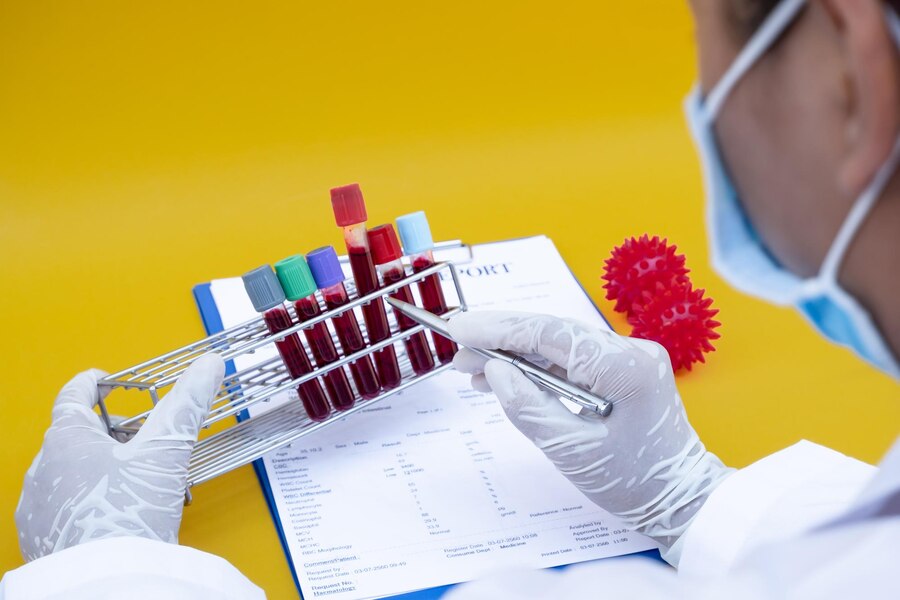Colorectal cancer (CRC) is the third most diagnosed cancer in adults in the United States. Detecting it early could prevent over 90% of related deaths. Despite this, more than a third of the screening-eligible population isn’t current with screening, highlighting the need for more accessible and convenient screening methods.
Blood Test vs. Colonoscopy and Stool Tests
A recent study published in the New England Journal of Medicine has shown promising results for a new blood test designed to screen for CRC. The test, which detected the disease in 83% of people confirmed to have it, aims to improve compliance with CRC screening.
While the blood test’s detection rate is similar to that of at-home stool tests, it is not as high as that of the gold-standard colonoscopy. For 10% of participants, the blood test falsely gave a positive result when the colonoscopy found nothing. However, having more screening test options increases the likelihood of people participating in cancer screening.
How the Blood Test Works
The blood test, developed by Guardant Health, identifies cancer signals in the bloodstream by detecting circulating tumor DNA (ctDNA)—fragments of DNA released by cancer cells. These fragments contain unique mutations present only in cancer cells, allowing for specific detection of colorectal cancer.
The test’s sensitivity was found to be 83%, with a specificity of 90%. While these results are similar to some stool tests, colonoscopies remain the best way to detect and prevent colorectal cancer, as they allow for direct visualization and removal of tumors or polyps.
The Future of CRC Detection
Symptoms of colorectal cancer can vary, with some people experiencing fatigue or changes in bowel habits while others show no symptoms. This underscores the importance of regular screening, especially since many people currently forego screenings due to the available options.
The availability of a blood test could encourage more people to get screened, potentially reducing colorectal cancer-related deaths. However, the test is unlikely to be covered by insurance until it receives FDA approval, expected in the second half of 2024.
In conclusion, while the blood test offers a promising additional screening option for colorectal cancer, colonoscopies remain the gold standard for detection and prevention. Regular screenings are crucial for early detection and improved outcomes in colorectal cancer patients.







